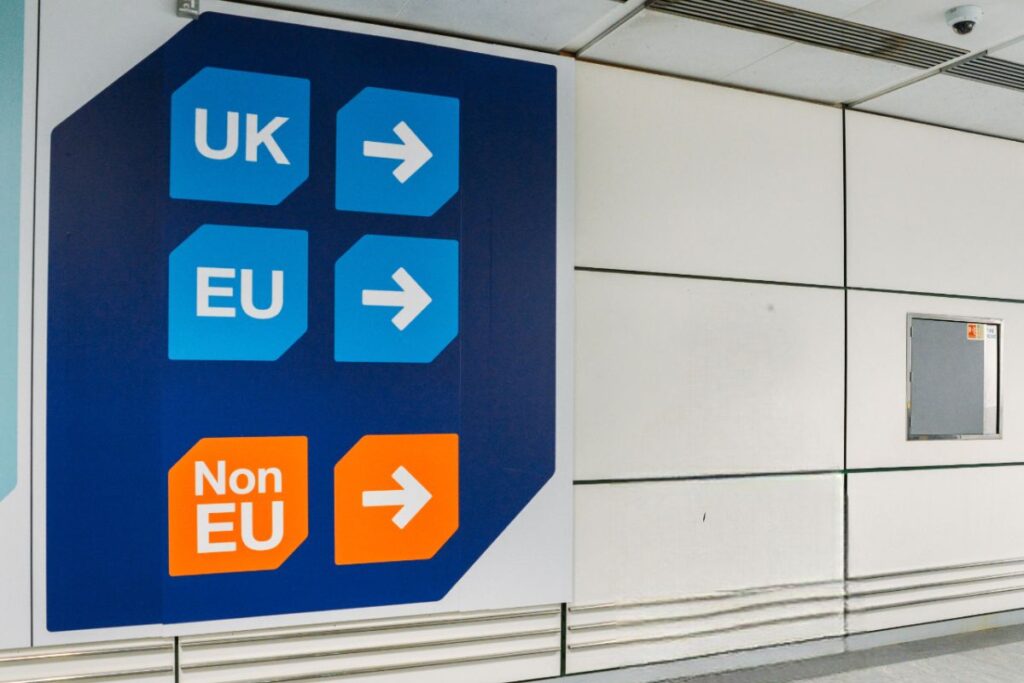
Credits: https://adevarul.ro/byAfroditaCicovschi
Open Borders, Open Competition: Romania’s entry into Schengen creates a need to compete with more developed EU nations for foreign workers. This means offering working conditions that meet European standards.
EU Standards in Focus: Wages, working hours, rest periods, and even accommodation/food options for foreign workers might need an upgrade to align with the EU norm.
Minimum Wage on the Rise: Romania’s current minimum wage (around 400 euros net) is expected to increase in July 2024. However, this might not suffice for foreign workers post-Schengen.
Current Paycheck Breakdown:
Unskilled Foreign Workers: 500-600 euros net
Semi-Skilled Foreign Workers: 600-700 euros net
Skilled Foreign Workers: 700-800 euros net
Proposed Salary Increase: Experts suggest raising the minimum net income to:
800 euros for unskilled workers
1200-1300 euros for skilled workers
Foreign Worker Influx: Romania allows a quota of 100,000 foreign workers annually, primarily from Asian countries. Competitive wages become crucial to retain this talent.
With Schengen accession on the skyline, Romania’s labor advertise is set for noteworthy changes. By adjusting working conditions and advertising competitive compensation, Romania can guarantee a proceeded stream of gifted outside laborers to contribute to its economic development.
Tags:
#visaconsultant
#workabroad
#workpermitvisa
#romaniavisa
#workpermitvisa
#studentvisa
#greenoutdoors
#bharat
#nepal
#bangladesh
#job
#jobineurope
#flyabroad
#educationconsultant
#education
#immigrationconsultant
#passport
#student
#schengen
#schengenvisa
#newdelhi
#embassy
#greenoudoors
#greenoutdoorsglobal



